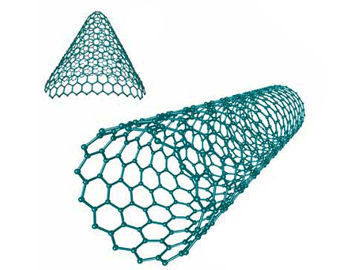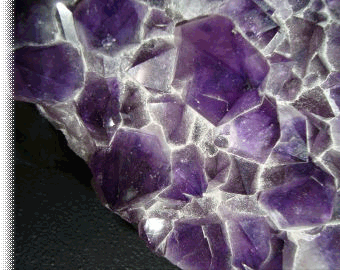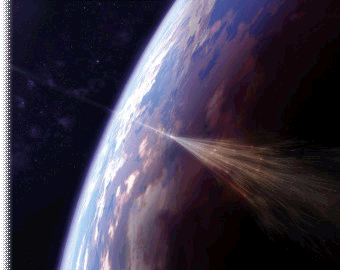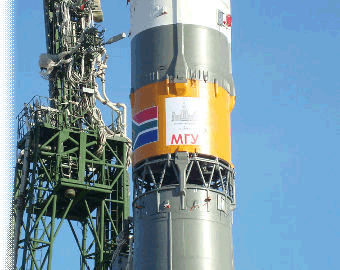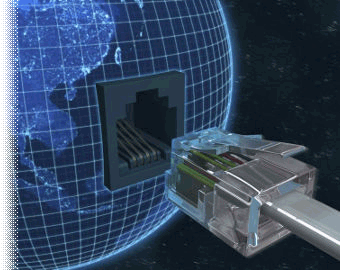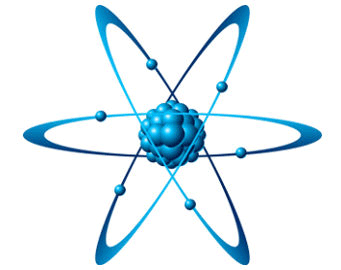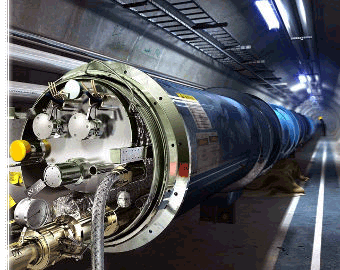|
|
News
-
30.10.2016
What's the most stable share for an interstellar lightsail?
In 2015, Russian billionaire Yuri Milner founded Breakthrough Initiatives with the intention of bolstering the search for extra-terrestrial life. Since that time, the non-profit organization – which is backed by Stephen Hawking and Mark Zuckerberg – has announced a number of advanced projects. The most ambitious of these is arguably Project Starshot, an interstellar mission that would make the journey to the nearest star in just 20 years.
-
13.07.2016
A group of small satellites will be developed for the radiation monitoring in the near-Earth space
-
27.04.2016
Cosmodrom “Vostochnyi”
“Soyuz 2-1” launcher with “Lomonosov” satellite have been delivered to the launch site and installed there for the further operations before the launch, which is scheduled now for April,27, 2016 at 11a.m. local time (5 a.m. Moscow time).
25 of april four SINP MSU people (M. Panasyuk, I. Yashin, V. Petrov, O. Peretyat’ko) visited launch site during the special ceremony of sanctification.
You can find videos from cosmodrom here: https://www.facebook.com/sinp.msu/
-
30.12.2015
XLVI International Tulinov Conference on Physics of Charged Particles Interations with Crystals
XLVI International Tulinov Conference on Physics of Charged Particles Interations with Crystals (ITC-16), Moscow, 31 May– 2 June 2016 г.
More information at http://danp.sinp.msu.ru/tulin_conf.htm
-
02.12.2015
Why Europe will soon be cold?
What is the climate waiting for Russia and Europe in 15-20 years? Will be there weather abnormalities in the coming decades? Will some areas experience more severe winter, while the others will have hot summer? It all depends on how much the climate will be affected by the dynamics of the possible onset of minimum solar magnetic activity. The Sun's behaviour in future cycles is the main theme of a publication on the forecast and explanation of the minima of solar activity. The paper was prepared with contributions from Elena Popova from the Skobeltsyn Institute of Nuclear Physics (Lomonosov Moscow State University) and was published in Scientific Reports.
|
|

